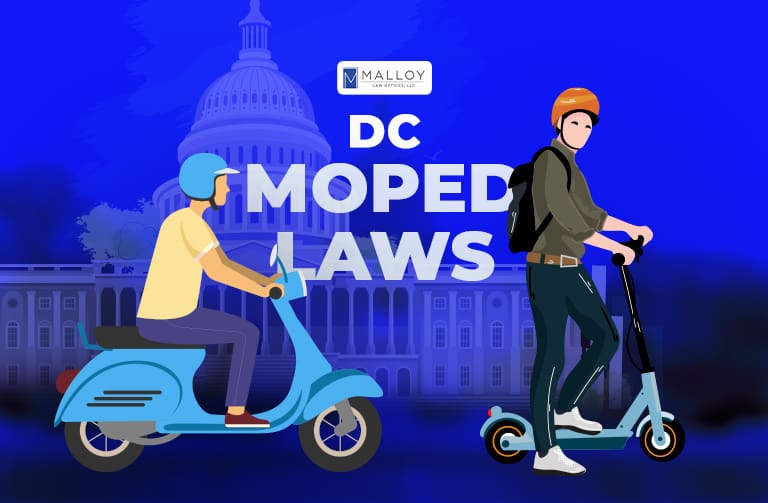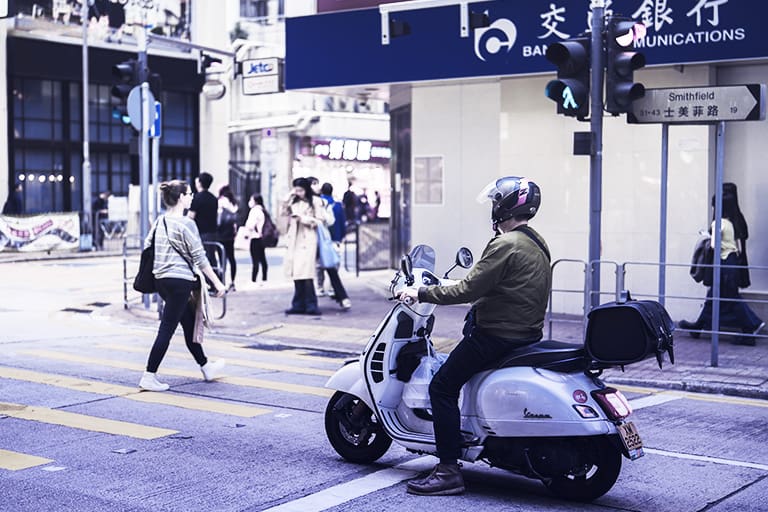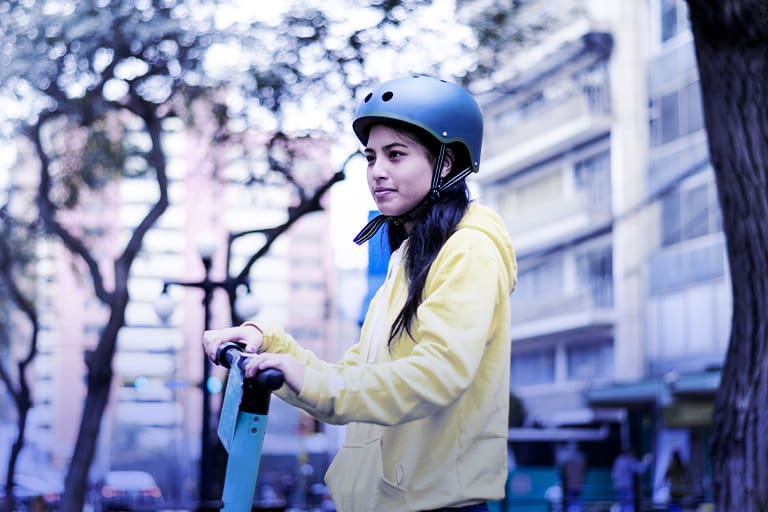Big Changes to DC Moped Laws
Any frequent visitor to Washington DC knows that parking is at a premium in the District. The combination of narrow roads, heavy traffic, and eagle-eyed parking enforcement means that our nation’s capital is often best navigated by means other than car or truck. However, motor scooters and mopeds have become an increasingly popular alternative for navigating the urban canyons of downtown or the winding back streets of Georgetown. These small, nimble rides are extremely popular among food delivery drivers. Their low profile makes them easy to park and good for navigating traffic. But these vehicles are also subject to misuse. Many motor scooter or moped riders lack insurance, licenses, and knowledge of the law. Recently, the DC Police Department have launched a more rigorous program of enforcement against scooters and mopeds. On today’s blog post; Malloy Law Offices would like to explain DC moped laws and safety best practices.

Operation Ride Right
The Washington DC Metropolitan police department has been participating in Operation Ride Right throughout the course of summer 2024. This organized crackdown on unsafe and unlicensed moped ridership has removed nearly 300 mopeds and motor scooters from the streets and resulted in over 80 arrests. Over 150 notices of infraction have also been issued.
DC Police Chief Pamela Smith set the program into motion after fielding public concerns about traffic safety. After the successful short-term program achieved the desired effects, DC police have indicated that they will continue with Operation Ride Right, along with community outreach programs to educate moped riders on their obligations under the law. Furthermore, the DC City Council is considering a bill to require renters and dealers of mopeds to register their fleets with the city. This bill, along with Operation Ride Right is a plank in a broader platform meant to ensure increased accountability in the use and procurement of these vehicles.
DC Moped Laws: A Short Survey
Despite their diminutive size and low cost to acquire and operate, it’s important to remember that mopeds are motor vehicles and should be treated as such. The law reflects this. Mopeds are subject to most of the same laws as larger motorcycles and cars. These include:
- Riders must obey all traffic laws, including stopping at red lights and stop signs.
- Mopeds are forbidden from riding on sidewalks or in bike lanes.
- Mopeds cannot ride in between lanes of traffic.
- Only one rider at a time is permitted on a moped.
- All riders must wear helmets.
- All riders are required to have a valid license, license plate, registration, and insurance.
Defensive Driving: A Moped Imperative
We often stress the importance of responsible, safety-minded riding when addressing our motorcycle-owning readers on this blog. The same advice applies to moped riders and may in fact be even more pertinent. Motorcycles are not only larger, but also louder. Their larger engines tend to produce far more noise, which can alert drivers which would otherwise not notice. Mopeds are far quieter due to their smaller engines and some even run on electric power, making them virtually silent. Moped riders should be very careful not to linger in the blind spots of larger vehicles. Furthermore, high-visibility or reflective clothing can ensure they are as visible as possible to motorists and pedestrians alike.
How Malloy Law Can Help.
If you or a loved one has been injured in a moped accident, Malloy Law can help. Our experienced and talented team of attorneys can assess your case free of charge and formulate a plan of action on your behalf. We’ll pursue maximum compensation for your lost wages, medical bills, emotional trauma, and pain and suffering. Don’t face the aftermath of a moped accident alone. Contact Malloy Law today and let’s win your case.



